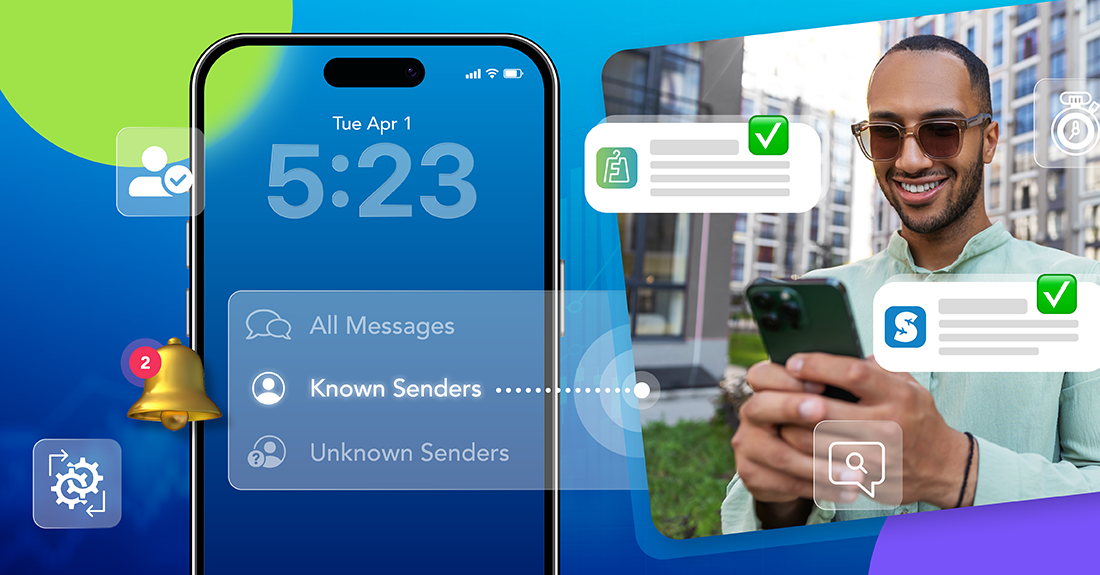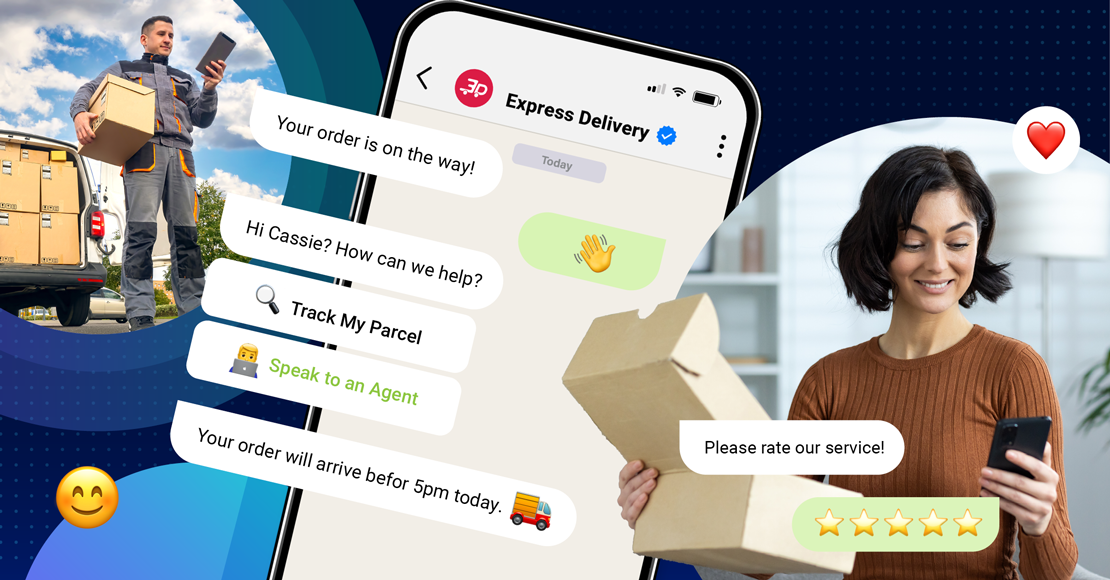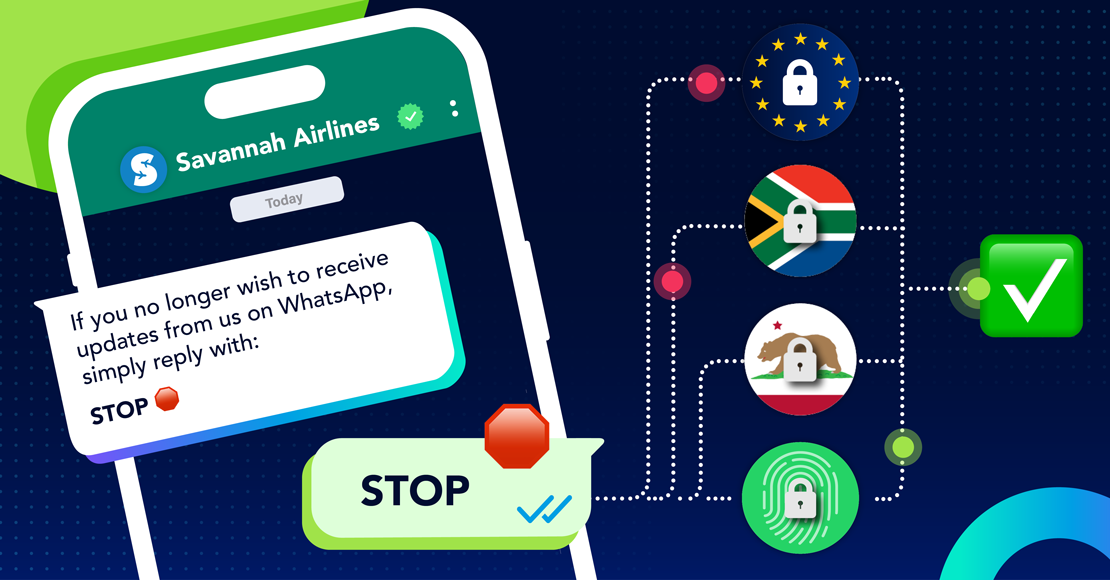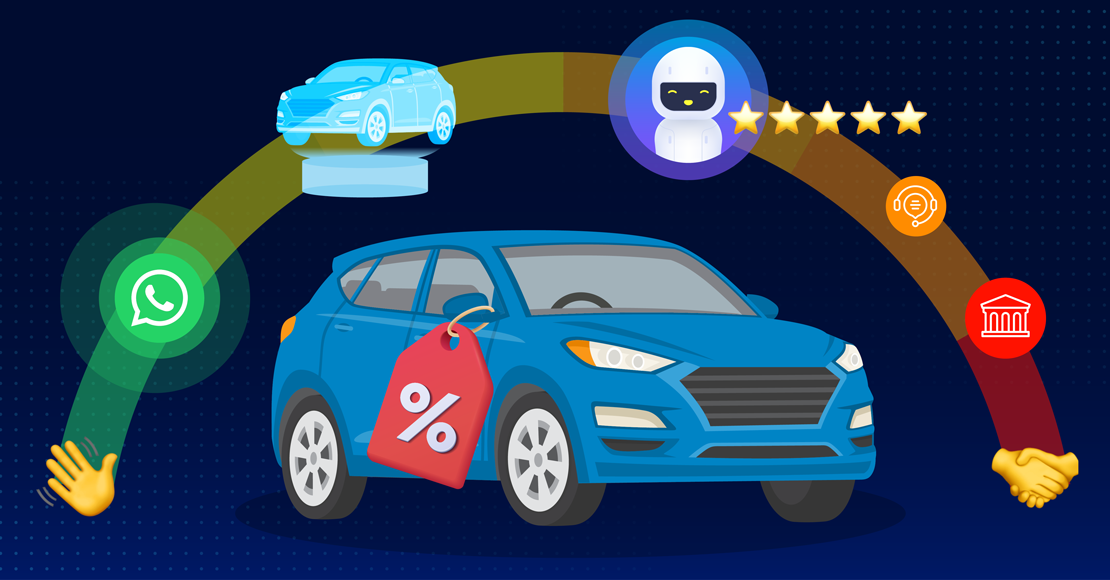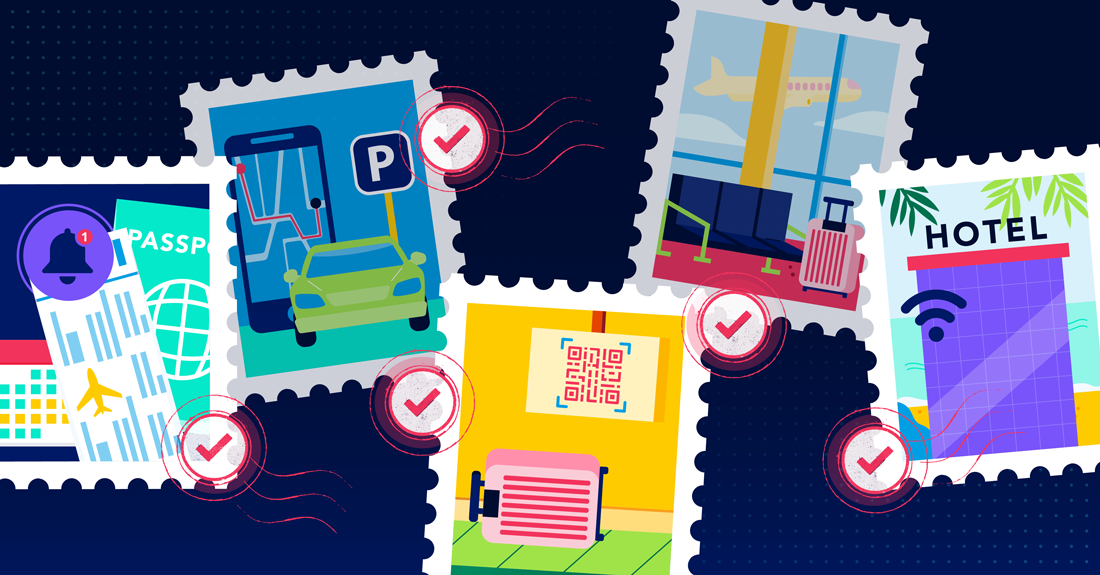
Think of your worst travel experience. It’s likely things were rocky from the get-go. Maybe your flight was delayed at the last minute, or you arrived at your destination, but your luggage didn’t. Or maybe the hotel reserved a single twin instead of the king you asked for, or your car rental was downgraded to a two-door hatchback when your family of six really needed that SUV. The impacts of COVID to the travel industry were significant and rebuilding back to offering the pre-pandemic experience has been difficult due to hiring challenges.
Although airlines, travel agencies, and hospitality companies understand the importance of providing quality customer service, do they really know what's at stake? The simple truth is that every experience matters; three out of five travelers would switch travel brands after only one or two poor customer experiences.
Granted, delivering quality experiences amid nationwide staffing shortages is easier said than done. But mobile technology offers a solution. Personalized mobile messaging by businesses, i.e., Chat Commerce, creates opportunities to provide customers with detailed, travel-related communication and purchasing options, while also reducing the impact of staffing shortages, especially in call centers. Mobile messaging provides real-time, immediate customer service at relatively low cost. Customer service agents can engage with customers in real-time, all within the mobile messaging apps that customers are already using.
The one-two punch of poor customer experience in travel
Travel has been tricky for the past few years. Flight cancellations in the first half of 2022 exceed 2019 numbers, with inexperienced pilots and airport staff struggling to get up to speed. Many of these problems are beyond the airlines’ control and are the byproduct of an industry trying to regain its footing after a period of stagnancy.
But the problem compounds when travel companies fail to communicate issues to customers as they happen. For example, a flight delay is frustrating, but being stuck on a two-hour hold to reschedule is even more aggravating. This one-two-punch is increasingly common — the number of consumer complaints to airlines are rising, which means call center representatives have less bandwidth, leading to even longer wait times and angrier customers.
And, rental car agencies are also struggling to provide quality service as a result of nationwide chip and vehicle shortages. Essentially, every touchpoint a traveler experiences on a trip — from purchasing flight tickets to checking into the hotel — needs improvement, which is where Chat Commerce comes in.
Chat Commerce enables travel companies to connect with customers through asynchronous mobile messages in SMS and chat channels. By having customer service agents give travelers access to flight details, booking options, cancellations, upgrades, and more at their fingertips via SMS, WhatsApp and Apple Messages, travel companies can reduce the friction travelers experience. Chat Commerce also enables travel brands to offer a pay-by-link payment option, right within the message thread.
A day in the life of a traveler with Chat Commerce
Customers across industries expect smooth digital experiences — and the travel industry is no exception. Hotel reservations, airline tickets, and car rentals were the top three travel products booked online in 2021. And with 87% of consumers interested in chatting with travel companies, mobile communication combined with Chat Commerce is a great first step.
Let’s look at how Chat Commerce can enhance a passenger named Dave’s trip to a work conference:
Dave buys his plane tickets a month in advance...at least, he thinks he does. He made it to the checkout page but forgot to press submit. Fortunately, the airline texts him a reminder to complete the purchase before someone else bought his ticket.
Dave heads to the airport, he drops his car with the valet, and they offer him a text with a link to click on when he returns. Thirty minutes before his plane lands, he clicks on the link and the valet has his car ready and the payment is made through the payment link.
Next, Dave receives a text notification to pay for his luggage so that it’s ready for drop off at the check-in counter when he arrives at the airport. He clicks on the link sent from the airline, pays for the baggage fee, and receives a QR code to scan upon arrival.
Slightly behind schedule now, as Dave exits security, he receives a text notifying him that his gate number has changed. He reads this message with enough time to walk to his new gate instead of sprinting.
After landing, Dave receives a confirmation message from a rental car company telling him which shuttle to take to the lot and the stall number of his car. Once he’s in the car, Dave realizes he’s ahead of schedule and texts the hotel to request an early check-in time.
When he arrives at the hotel, the front desk agent sends him a text message with Wi-Fi login and a personal message from the concierge offering him dinner reservations, choice of amenities to be sent to his room, breakfast hours, and the location of the gym.
He checks into his room, books a dinner reservation with his client, quickly accesses Wi-Fi, and has enough time to unpack and relax before the conference tomorrow.
Think about how many apps, phone calls, and emails it typically takes to juggle all these moving parts. A delay at any of these steps would affect the entire trip and leave the traveler frustrated and scrambling — the opposite of what travel companies (and travelers) want. Chat Commerce helps companies quickly and cost-effectively offer customers the information they need right on their mobile devices.
Who will succeed in the new era of travel?
The global travel industry has experienced more than a decade of continuous growth prior to 2020. Over the past two years, it’s struggled to recover from its first significant decline in revenue since 9/11. The travel companies that overcome poor service quality and hiring shortages will be the ones that thrive — and Chat Commerce plays an important role in making that possible.
Step into the future of business messaging.
SMS and two-way channels, automation, call center integration, payments - do it all with Clickatell's Chat Commerce platform.

